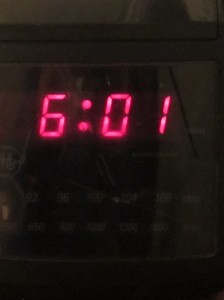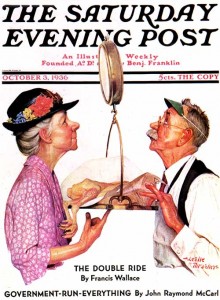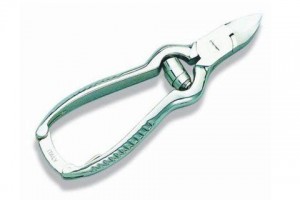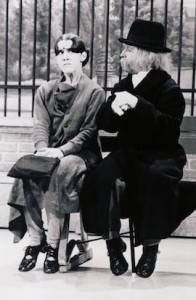This week when our prayer group of 5 ladies met to pray, Abigail began our time with an effective visual. She opened her iPad and showed us a picture (via Google Map Maker) of the route she would soon be driving between two Colorado destinations: Aspen and Crested Butte.
 Although Abigail assured us the distance between the two towns was less than 10 miles (just long enough to make a nice hike), the quickest way to drive there was to travel in a roundabout way on mountain roads for more than 200 miles to the tune of 5 hours.
Although Abigail assured us the distance between the two towns was less than 10 miles (just long enough to make a nice hike), the quickest way to drive there was to travel in a roundabout way on mountain roads for more than 200 miles to the tune of 5 hours.
“Isn’t this the perfect picture of prayer?” she said, putting her finger on point A. “Here’s the request, and immediately God starts down the road to his answer, which is over here,” she said, pointing to B. If we were God, we’d rush the answer across the quick 10 mile route rather than taking the convoluted circuitous way. So why doesn’t he do that?
So often we pray as if we’re a waitress writing down the ask for a short-order cook, but God sees the process differently. On Tuesday mornings we have over 200 requests to pray over in 2 hours. This means we have to move quickly, which is why we’ve grouped the needs according to topic/subject. (God’s Wish List)
The only reason such a volume of needs doesn’t overwhelm us is our belief that God himself is in the room with us. All we have to do is enter his presence and lay out the requests. Then, much to our delight (and relief), he takes over from there.
But that’s the thing. He doesn’t take someone with problem A and put him/her on a rapid transit line to connect speedily with solution B. He could say, “Let’s see…. I’ll find the right surgeon for that one, put this other couple in front of a good marriage counselor, and arrange the perfect job interview for that other one. Check. Check. Check.”
But that just isn’t him. He’d rather take his time… and ours. That’s because he’s not only concerned about those being prayed for but also the ones doing the praying. All have needs, and when God maps out his choice of a route from request to answer, he’s intending to work wonders all along the way.
 Google Maps has an interesting caveat at the bottom of its directions page: “You may find that construction projects, traffic, weather, or other events may cause conditions to differ from the map results, and you should plan your route accordingly. You must obey all signs or notices regarding your route.”
Google Maps has an interesting caveat at the bottom of its directions page: “You may find that construction projects, traffic, weather, or other events may cause conditions to differ from the map results, and you should plan your route accordingly. You must obey all signs or notices regarding your route.”
What a great summary of how God works, dotting the route from request to answer with unexpected delays. The longer the delays, though, the grander the answers. And maybe that’s the reason we ladies continue to travel the route to our Tuesday morning prayer meetings…. so we don’t miss a single one of those grand answers!
“Pray without ceasing.” (1 Thessalonians 5:17)




